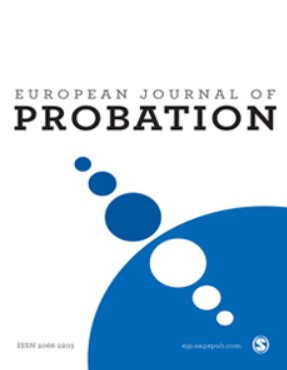Yes, no, possibly, maybe: Community sanctions, consent and cooperation
Yes, no, possibly, maybe: Community sanctions, consent and cooperation
Author(s): Rob CantonSubject(s): Criminal Law, Human Rights and Humanitarian Law, Criminology, Penology, Penal Policy
Published by: SAGE Publications Ltd
Keywords: Community sanction; probation; consent; motivation;
Summary/Abstract: This article explores the significance of consent to community sanctions and measures. The value of consent derives from the principle of autonomy and rights to freedom and dignity. While normally these are rights that should be upheld and defended, the question is complicated in the case of penal sanctions. The account goes on to discuss the necessary conditions for meaningful informed consent and to inquire into the extent to which these conditions apply to community sentences. The origin of consent to the probation order and other community penalties in England and Wales is outlined – the reason why it was originally expected and why it was eventually abolished. Yet even if consent is not formally required, there is reason to think that England and Wales is an example of a country where in practice consent is actively sought. The relationship between consent and compliance – and the distinct concept of active cooperation – is discussed. It is concluded that a formal expression of consent in Court has symbolic value, but does not resolve the challenge of trying to secure consent and cooperation that must persist throughout the duration of the community order.
Journal: European Journal of Probation
- Issue Year: 6/2014
- Issue No: 3
- Page Range: 209-224
- Page Count: 16
- Language: English
- Content File-PDF

